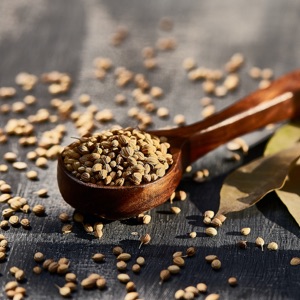Irritable Bowel Syndrome
IBS is a disorder of the gastrointestinal (GI) tract characterized by recurrent abdominal pain and discomfort accompanied by alterations in bowel function, diarrhea, constipation or a combination of both, typically over months or years. A diagnosis of IBS has been reported by 10 to 20% of adults in the United States with females representing over 70% of those affected. Scientists suspect that hormones may play a role in the cause of IBS as well as changes in the nerves that control the muscles of the GI tract. Because the exact cause of IBS is not certain, western treatment focuses on the relief of symptoms.
How Can Acupuncture and Chinese Medicine Help IBS?
Chinese medicine offers a different approach. A complete health history can reveal many seemingly unrelated symptoms that to an acupuncturist clearly delineate one or two predominant patterns of disease. Treatment can then be applied to the underlying diagnosis rather than treating the symptoms hodgepodge without offering complete relief. Most commonly, a Chinese medicine doctor will find an imbalance between the nervous system and the strength of the digestive system. It is not so simple to say that stress causes IBS, but the nervous system exerts powerful control over the motility of the GI tract and often chronic stress can lead to more permanent conditions such as IBS. Your acupuncturist may call this, Liver attacking the Spleen, because those are the names of the two meridians involved with a stressed nervous system and digestion. Also the practitioner will examine the role of phlegm, lack of or overly vigorous exercise, sleep patterns, and of course diet.
Certain acupuncture points stimulate GI motility and then certain points can relax muscle contractions helping with everything from constipation to gas, bloating, pain and diarrhea. Tools for stress reduction and suggestions for diet modification are also an important part of complete IBS treatment.
How Many Treatments Will I Need?
A series of treatments is one acupuncture session a week for 5 weeks. You should begin to notice a positive change in your symptoms at the end of one series however more treatments will most likely be needed for long-term maintenance. After the initial goals are met, the treatments will be spread out to a once/month and then eventually a once/season basis. Sometimes the temporary use of Chinese herbs can be an important tool initially to get symptoms under control and address the underlying issues. Your acupuncturist will discuss your specific treatment plan in detail with you at your first visit.


